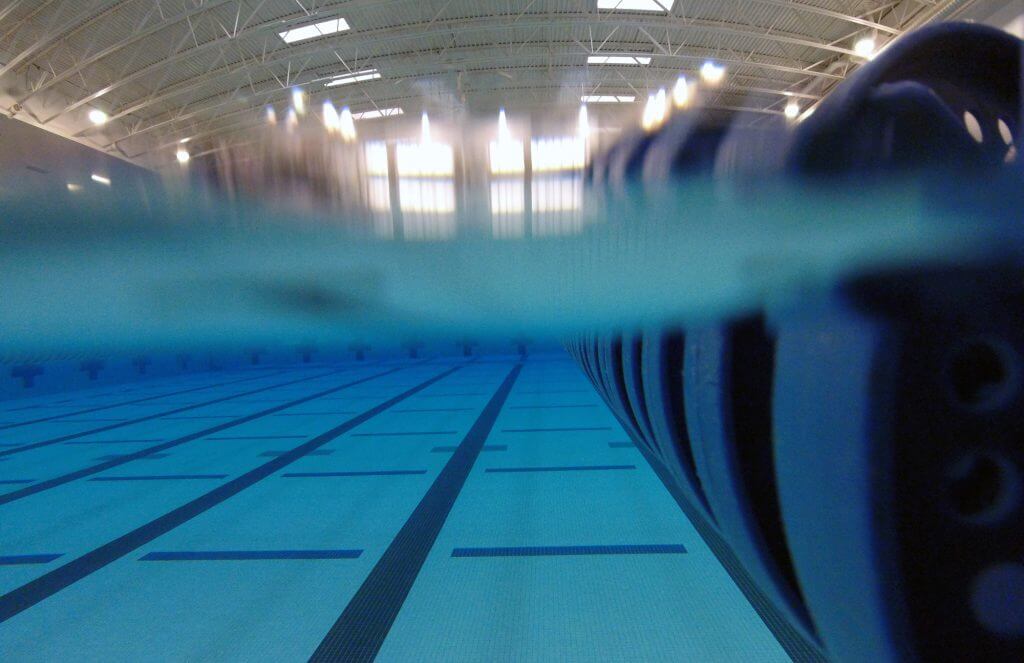Finding Personal Life Balance With Swimming Is a Key to Happiness

Seeking Personal Life Balance With Swimming Is a Key to Happiness
Most days, it may seem like being a swimmer is the most important role you play in life. There are the tedious, daily practices in which you try to perfect your technique. You spend more time at the pool than at your own home. You see your coaches and teammates more than your parents or siblings. For many, especially younger swimmers, being a swimmer can seem just as important as being a student.
Yet, if you take a moment to peek, you’ll be able to see there’s more to life than the black line on the bottom of a swimming pool. Yes, training is important. Training makes you a better version of yourself, both physically and mentally. It bonds you to close friends. It gives you a sense of success and fulfillment when you overcome the obstacles that have been set in your path. However, there are other activities that can have the same effect.
If you take the time to experience them, there are plenty of other opportunities to receive the benefits of swimming. You can find the same sense of frustration you get from losing a race or gaining time from being scheduled on the least favorable shift at your part-time job. You can count on feeling the same ecstasy and joy from laughing so hard with your friends that you get the hiccups and tears in your eyes. You get grumpy when you need to wake up early for anything, not just morning practice at 6 a.m. You feel butterflies in your stomach not only in the moments before a big race, but before you open the door to any new opportunity or relationship. A late-night bonfire after a day of fun in the sun could make you just as exhausted as a three-day sectional or regional meet.
In the world of competitive swimming, the physical and mental scales are delicate ones to balance. Too much swimming can take a toll mentally, while not enough training could jeopardize physical performance. Finding that line, as well as weighing what one needs as opposed to what one wants to do, is a skill that takes time to acquire. Some swimmers go their entire career without learning how to set these boundaries, and instead deal with the negative consequences – decreased mental health, difficult relationships, burnout, risky behavior to fill the void, and even long-lasting impacts on their ability to swim.
All of this can be avoided by taking a few simple steps that amount to one ultimate goal – prioritizing your personal life. Rather than pushing yourself until you get sick and tired of the sport of swimming, make a point to take a day or two away from the pool from time to time, especially if you go away on vacation. If you’re not feeling well one day, it’s okay to skip one practice and let your body rest, rather than put your health at risk. When the time comes in which your friends invite you to the football game Friday night or ask you to go to prom with them, don’t hesitate to say yes – even if it means missing a day of a meet. If your parent asks what’s going on, it’s okay to be honest and tell them you may need to take a breather to have a once-in-a-lifetime experience. Swimming will always be there, but oftentimes the experiences that happen in our personal lives have an expiration date.
The day will inevitably come when you hang up your goggles for good, whether you know it’s coming or not. I guarantee you that when you’ve finished your time in the pool and look back on all the years you spent in the water, you won’t remember every practice, every meet, and every race, even if that seems impossible to you at this moment. Rather, you’ll remember the standout moments where you deviated from your regular routine. The ones where you made memories with friends and didn’t pass up the opportunity to grow not as a swimmer, but as a maturing human being. You are so much more than a swimmer, and you owe it to yourself and those around you to nurture and grow every part of who you are and who you are meant to be.
All commentaries are the opinion of the author and do not necessarily reflect the views of Swimming World Magazine nor its staff.



